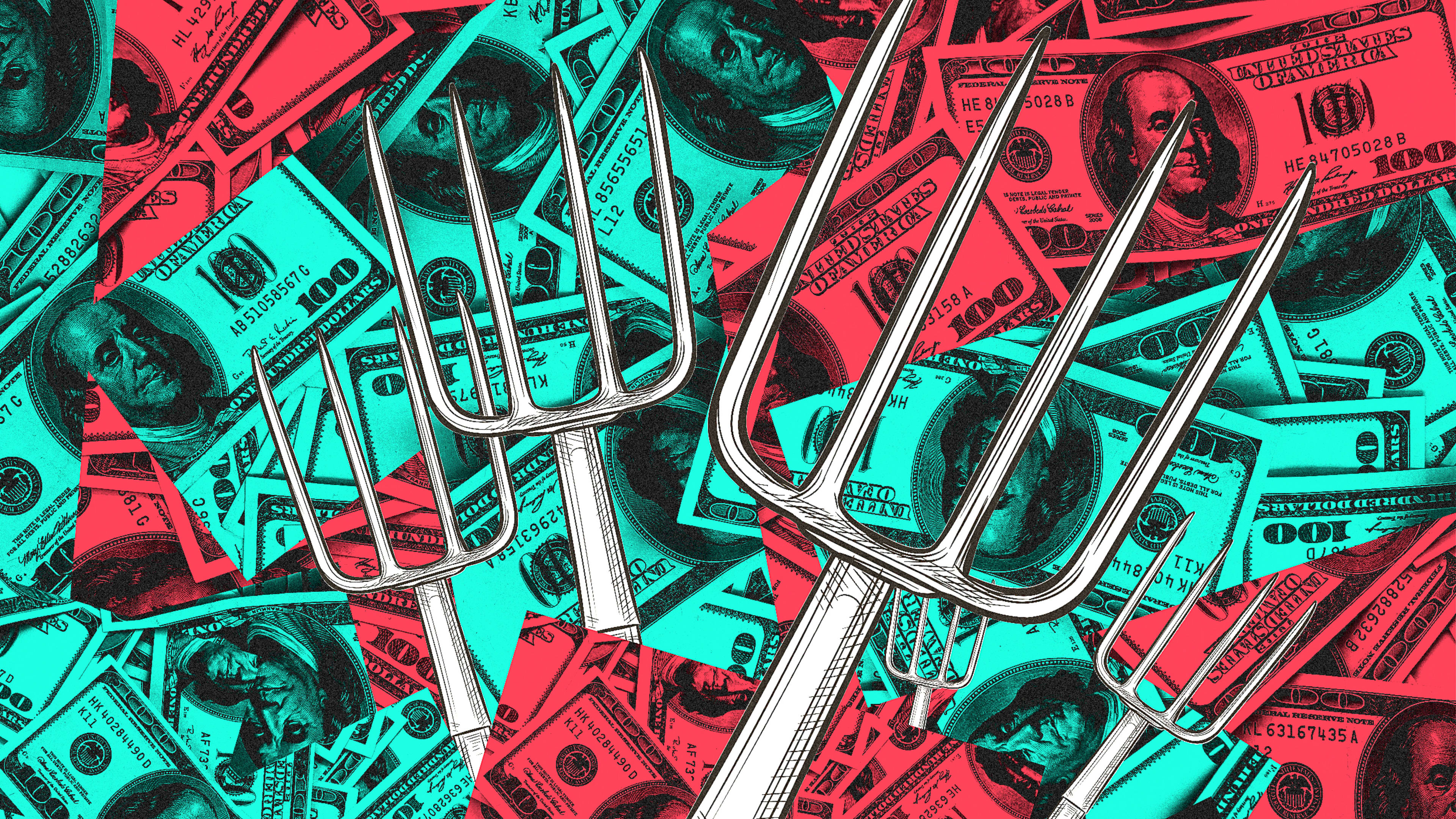We need a fundamental change to capitalism post COVID-19—one that takes into account social, natural, and human capital, rather than just financial gain—or else economic inequalities will worsen, environmental degradation will continue, and change will come anyway through violent force. That may sound like a radical position, but now it’s coming from the mouth of Klaus Schwab, founder and executive chairman of the World Economic Forum.
Since 1971, WEF has hosted an annual meeting in Davos, Switzerland, at the end of January, where thousands of business leaders, economists, heads of government, and environmental and human rights activists come together to have conversations about where the world and its industries will go next. WEF, a nonprofit, is built on the idea that public-private cooperation is the way to tackle global challenges, from climate change to gender parity (Fast Company has hosted events at Davos).
The COVID-19 pandemic has become one of the biggest global challenges, Klaus said in an interview with German newspaper Zeit Online, which was translated by the Teller Report—one that has forced the need for an economic system that is “more resilient, more inclusive, and more sustainable.” Schwab wrote a book called COVID-19: The Great Reset, published over the summer, that outlines how the world can make that change.
One of the biggest steps needed? Getting rid of the unregulated, unrestrained model of capitalism that Schwab defines as neoliberalism. “It is precisely the countries that have pushed this strategy forward the most—for example the USA and Great Britain—[that] are hit hardest by [COVID-19],” he says. “The pandemic has shown once again that neoliberalism in this form has had its day.”
Schwab maintains that it’s not capitalism itself that is the problem, but the unrestrained way that capitalism runs. “I am convinced that the entrepreneurial strength of each individual is the driving force for real progress—and not the state,” he says. “But this individual power has to be embedded in a system of rules that prevent it from going overboard in one direction or the other. A strong state must fulfill this function. The market alone does not solve problems.”
There is no returning to normal, Schwab adds. If we don’t deal with how businesses affect climate change, global warming will reshape our daily lives just as much as the pandemic has. If we don’t address the growing gap between the rich and poor, those inequalities will only increase. And if the business heads and government leaders don’t do anything to usher in such change, revolutions will. History, he says, has already taught us that.
Recognize your brand’s excellence by applying to this year’s Brands That Matter Awards before the early-rate deadline, May 3.
